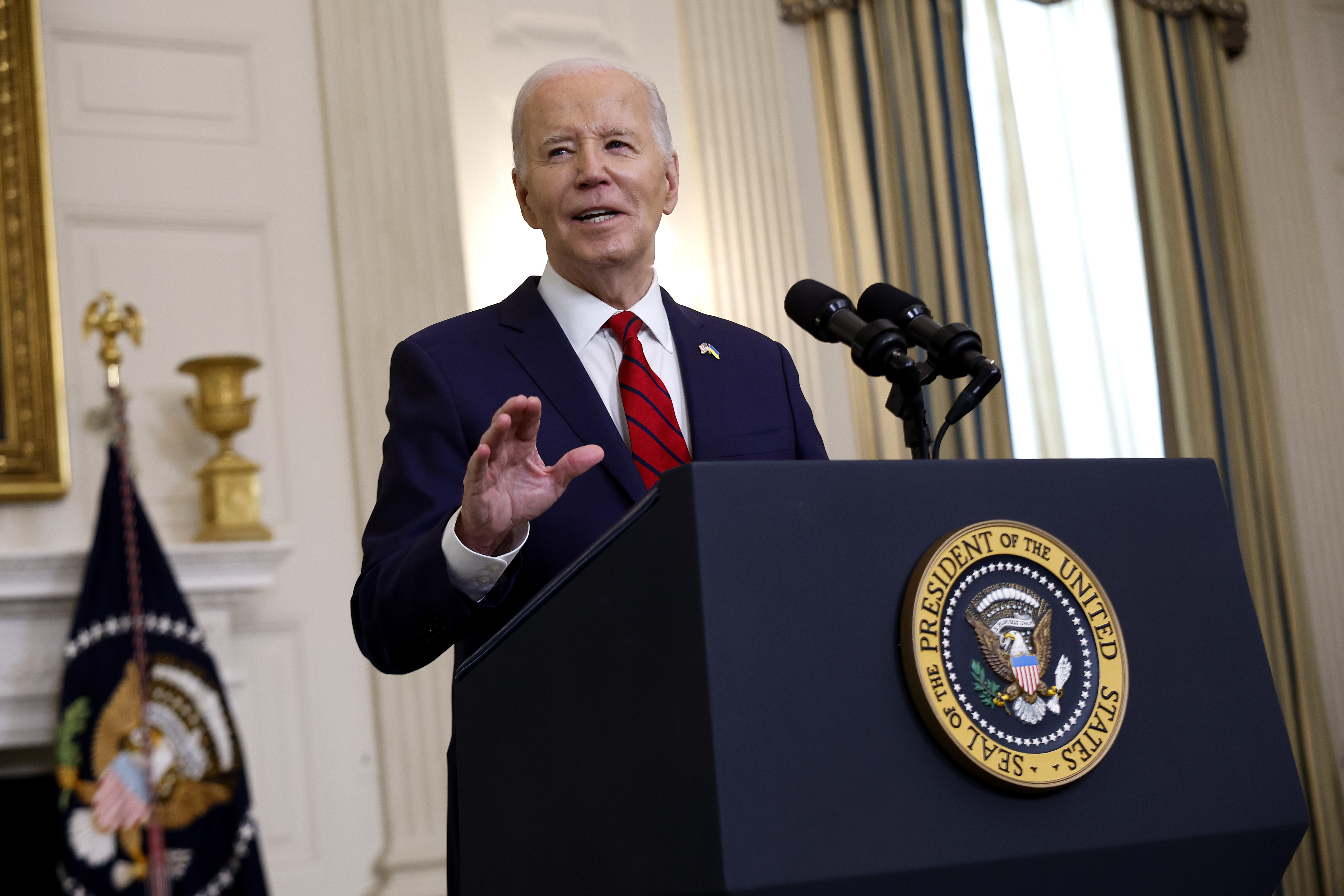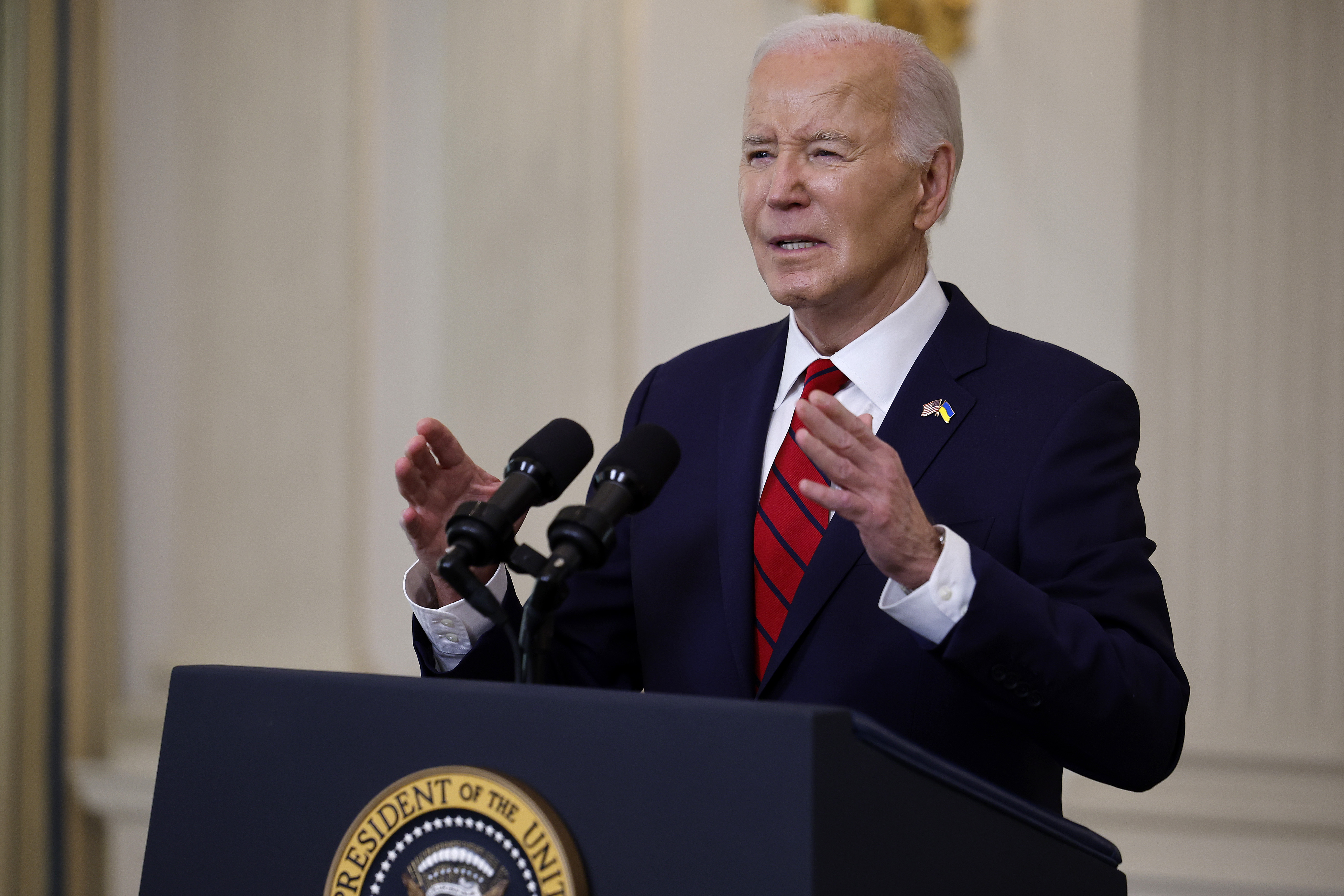Six days before Christmas, state Sen. Dan Patrick decamped from the Capitol to a nearby Roman Catholic school. The start of the legislative session was still two-plus weeks away, but the tea party Republican wanted to be in a classroom as he declared he was ready to lead the largest public education overhaul Texas had seen in decades.
"We don't have time for evolution in public schools," said Patrick, who hails from Houston and heads the powerful Senate Education Committee. "We need a revolution."
It was a line he often repeated in the following months. And, by the time the 140-day session ended this week, Patrick had succeeded -- at least partially.
Lawmakers restored nearly $4 billion of the $5.4 billion cut from public education in 2011, transformed high school standardized testing and curriculum standards, and expanded charter schools. Patrick's push to allow students to attend private school with public funds fell flat -- but could be revived during an ongoing 30-day special session that so far is focused solely on redrawing the state's political maps.
"I'm really pleased," Patrick said during the session's final hours. Referencing the 150 House and 31 Senate lawmakers, he continued: "I'm just one of 181 members and there will always be members who disagree on a lot of things. But we've made a lot of progress."
More than 920 education bills were filed this session, easily outpacing any other topic. According to the Texas Education Agency, 119 were ultimately approved.
Patrick and his House counterpart, Rep. Jimmie Don Aycock of Killeen, helped pass legislation that reduces the number of standardized tests high school students have to pass to graduate from a nation-leading 15 to five. It also injected greater flexibility into school curriculum requirements, giving teenagers not interested in college more chances to take vocational classes.
Politics
Politics from around the world.
Their work even includes a change in the state's accountability rating system, which currently labels schools and districts from "Exemplary" to "Academically Unacceptable," but will shift in 2016 to an A through F letter-grade system. The new scale will apply to districts but not individual schools amid worries that issuing neighborhood campuses low grades could hurt property values.
"We actually got more done than I ever dreamed possible," said Aycock, who chairs the House Public Education Committee.
The pair also ushered in the largest charter school expansion in Texas since 2001, increasing the cap on the number of charters the state can issue from the current 215 to 305 by 2019. Charter schools educate only about 3 percent of the state's 5 million-plus public school students, but that percentage may now rise.
Their proposals also make it easier for state authorities to shutter poor-performing charter schools. That's important because, while 8.5 percent of charters earned "Exemplary" state ratings, or nearly double the percentage of top-rated traditional public schools, charters were also disproportionately branded "Academically Unacceptable," at 17.6 percent compared to just 4.9 percent of traditional schools.
Still, what made it through the Legislature was substantially less-ambitious than Patrick's original proposal, which sought an unlimited number of charters. He also had hoped they would get state funding for facilities instead of getting paid per-pupil under current law, and that traditional public schools would lease unused buildings to charters for $1.
Then there was the unsuccessful crusade that prompted Patrick's pre-Christmas visit to the Catholic school: A voucher bill he unveiled with the support of Lt. Gov. David Dewhurst that offered businesses tax credits for making donations so low-income children and those at risk of dropping out could leave struggling public schools for private and religious ones.
Patrick now says simply making the proposal is enough to lay the groundwork for getting it passed in future sessions. Others, though, are glad it failed.
"Despite high-profile, well-funded efforts to undercut our children's right to a free, public education, the Legislature did not pass a voucher bill this session," the Coalition for Public Schools, made up of religious, child advocacy and education organizations, wrote in its end-of-session assessment.
Indeed, the bill never made it to a Senate floor vote despite the efforts of Patrick and Dewhurst, who oversees the flow of Legislation there. The House didn't take it up either, but opposition was so strong that lawmakers attached an amendment to the chamber's version of the Texas budget stating that public funding stay with public schools.
Dewhurst hasn't given up, asking Perry to put voucher proposals on the special session agenda.
Not everyone is in favor of that, though -- including Aycock.
"We've had an awful lot of turmoil and changing of tests and changing of curriculum and changing of everything for a number of years," he said. "I'd like to see us let everything settle down until the system performs before we just keep stirring things around too much."



